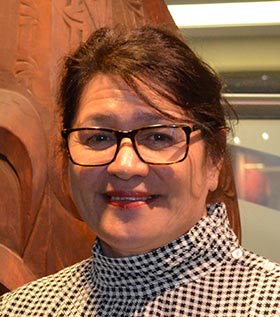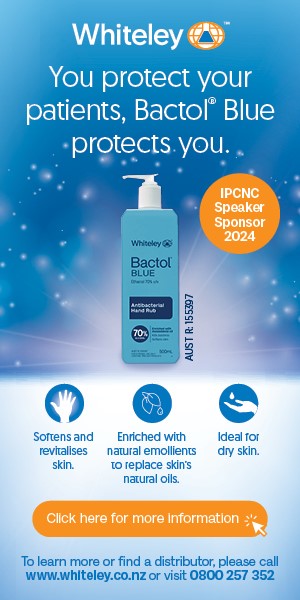
Major health reforms arrive next year, the biggest changes in the system in decades.
Certainly, we can change systems and processes – throw as much money as we want at something to try to make it work – but if we don’t change the attitudes and behaviours behind it, then we get the same results.
Inequity is baked into the current system, and we could look no further than the COVID-19 vaccination programme as evidence of this.
As of writing this, 88 per cent of the eligible population in Aotearoa are fully vaccinated, up from 23 per cent just four months ago.
More than 90 per cent of people have received at least a single shot.
Like almost every other health measurement however, Māori were left behind.
We have the lowest full vaccination rate, at 72 per cent.
Changes on the way
With Auckland’s boundary settings changing mid-December, and fully-vaccinated or tested residents heading off for holidays, Māori are left with less protection than the general population.
This is an example of how taking that broader, strategic view could have helped significantly in the vaccination rollout to Māori.
What if established Māori entities with strong community ties like Kōhanga Reo were enlisted through funding to help with the rollout?
Instead of having to go out through a mainstream, illness-based kaupapa to “deliver injections”, the rollout could have embraced Māori tikanga like manaakitanga and whanaungatanga.
This could have bypassed vaccine scepticism within Māori communities, created by our people’s fears of losing the right to make their own decisions.
Vaccination – inequity in action
As of publication, 88 per cent of the eligible population in Aotearoa was fully vaccinated.
In total, 93 per cent of people have received a single shot.
Like almost every other health measurement however, Māori were left behind.
By ethnicity, Maori had the lowest full vaccination rate, at 72 per cent.
Looking at ourselves
If we drill down further we find that perhaps we need to examine our own behaviours and biases within the system.
An example is when Māori come into emergency departments injured from what is often a one-off event.
Maybe it is drug or alcohol related.
It might be a one-off event, but that person could end up sedated, and sectioned under the Mental Health Act, or put under observation.
This is even more likely if they come in with a police escort.
Are we buying into this rapid assessment because of the police officer sitting there by the bed, or the police that bring that person in?
In our assessments as nurses, we were taught to make rapid judgements. But along with that comes a whole bunch of behaviours, and biases, that we don’t take the time to examine.
We should always consider the power we have to make an impact on somebody’s life. Not just the power at the bedside, but the power of our decisions, the power of our conversations, the power that we have in how we represent people.
Our voices have struggled to be heard by successive governments, to get what we need and deserve.
But have no doubt, we are powerful in positively or negatively influencing health outcomes for our patients.
We should never forget our power, or the responsibility that comes with it – to step back and take a look at ourselves.



